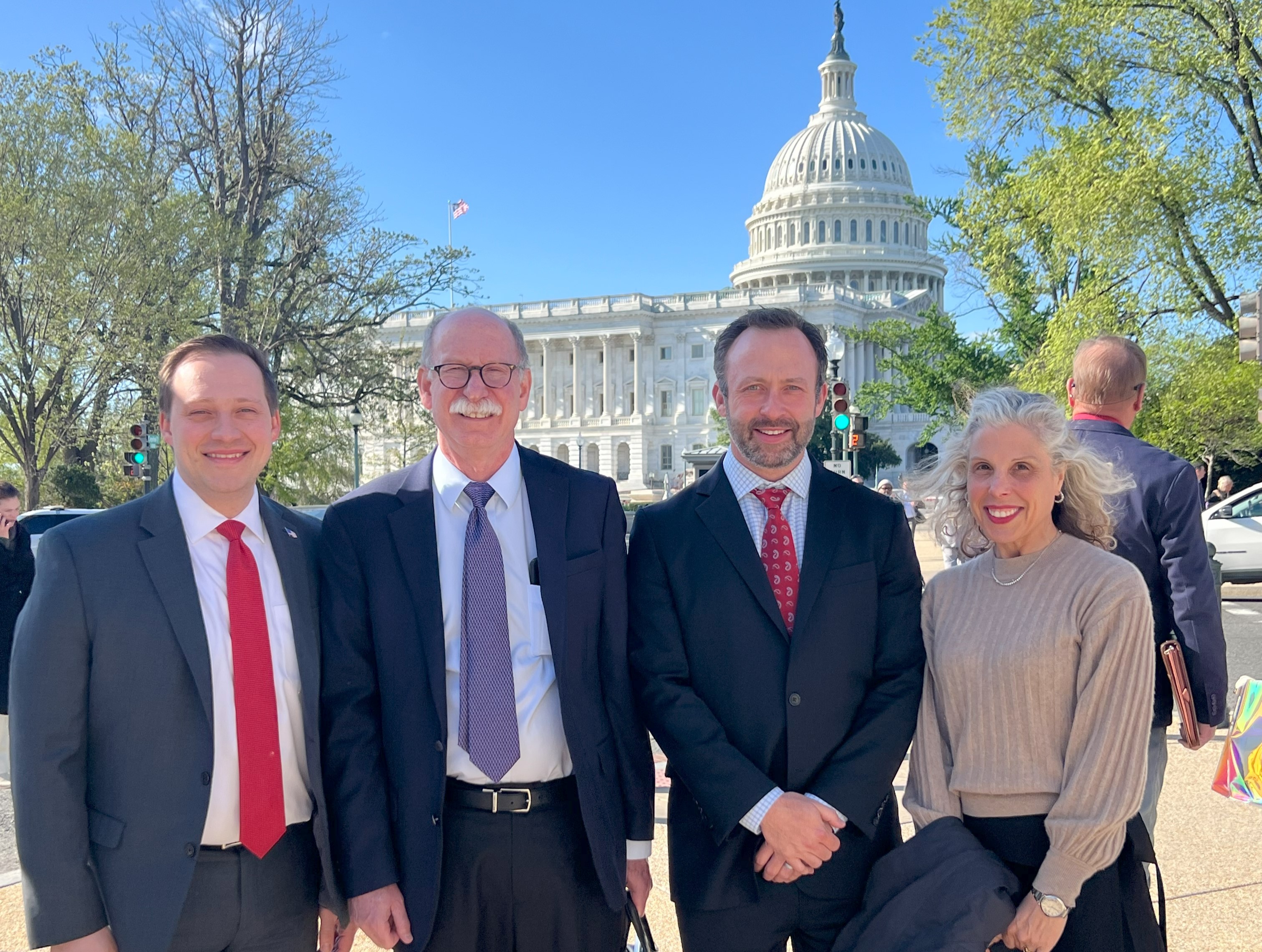LUGPA Policy Update: Effectiveness of the No Surprises ActSept. 2024 The No Surprises Act (NSA), enacted on January 1, 2022, represents a critical reform to protect consumers from unexpected healthcare costs arising from surprise medical bills. These bills typically occur when patients receive care from out-of-network providers or facilities, often during emergencies or elective procedures. Key Provisions The NSA addresses three primary scenarios:
A central feature of the NSA is its prohibition of balance billing, ensuring that patients are not held financially responsible for costs beyond what they would incur for in-network care. Independent Dispute Resolution (IDR) Process The NSA establishes an Independent Dispute Resolution (IDR) process to resolve payment disputes between healthcare providers, insurers, and consumers. This mechanism aims to facilitate fair negotiations when parties cannot agree on reimbursement amounts. Recent Data and Enforcement Actions
Challenges and Controversies Despite its benefits, the implementation of the NSA has encountered challenges:
CMS Oversight and Future Directions In response to the complexities and complaints, the CMS conducted its first audit of insurer compliance with the NSA, revealing issues such as CVS Aetna's inaccurate QPA estimations in Texas. Regulators continue to monitor and adjust enforcement strategies to improve compliance and protect consumer rights. LUGPA supports ongoing efforts to strengthen the NSA, advocating for improved transparency and fairness in billing practices while recognizing the law's role in preventing millions of surprise bills. As discussions and adjustments continue, LUGPA remains committed to ensuring that healthcare policies promote patient well-being and provider sustainability. For more information on LUGPA's work on the NSA, please visit LUGPA's No Surprises Act Hub.
|




